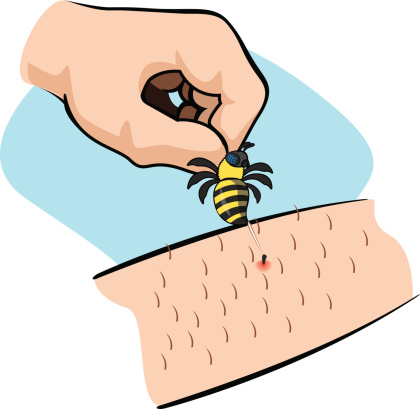Warning: Invalid argument supplied for foreach() in /home1/redcare1/public_html/wp-content/themes/uplift/swift-framework/content/sf-post-formats.php on line 89

Tetanus is an infection caused by bacteria called clostridium tetani. When the bacteria enter the body, they produce a toxin that causes painful muscular contractions. Another name for tetanus is Lockjaw; it often causes a person’s jaw and neck muscles to lock, making it hard to open the mouth or swallow.

Though Tetanus does not spread from person to person, the bacteria is usually found in soil, dust, rusted metal and enter the body through cuts and puncture wounds from contaminated objects. It can affect any individual of any age but children are more at risk. Newborn babies can also easily acquire the disease if their delivery or umbilical cord care is done in an unsanitary manner.

Today, tetanus is uncommon in developed countries but remains a very serious health problem in Nigeria. Fortunately, this disease is vaccine preventable, and every individual is advised to get immunization.
Risk factors
- Failure to get vaccinated
- Puncture wounds and cuts: from rusted nails, razor, knives etc.
- Gunshot wounds
- Burns and body piercings
- Dental infections
- Infected umbilical cord (especially if mother is not adequately immunized)
Symptoms
Tetanus mainly affects nerves supplying muscles of the body and symptoms include:
- Muscle stiffness, usually starting in the jaw, then neck and arms or abdomen
- Painful muscle spasms, typically triggered by noise, touch or light
- Trouble swallowing
- Difficulty in breathing when muscles of respiration are affected
- Headache and fatigue
- Fever and sweating
- Elevated blood pressure
- Tetanus in the severe form can easily cause death, usually due to suffocation when muscles of respiration are paralyzed
Treatment: There is no specific treatment, but a combination of medication, wound care and supportive therapy can help improve symptoms and chances of recovery. Medication used include: Tetanus antitoxin – which helps to neutralize toxins, antibiotics, and sedatives.
Prevention
It is easier to prevent tetanus than treat it. Tetanus can be easily prevented by immunization. The tetanus vaccine is a series of 5 shots given to children in the arm or thigh at 6, 10 and 14 weeks of age with booster doses every 10 years. Pregnant women are also given about 3- 5 doses of the tetanus vaccine which helps protect both mother and child.
Maintaining a clean environment and wearing footwear outdoors can be protective. Delivery of pregnant women and care for the newborn must be done in a clean and safe environment. Instruments used in cutting umbilical cord and circumcision must be properly sterilized.



